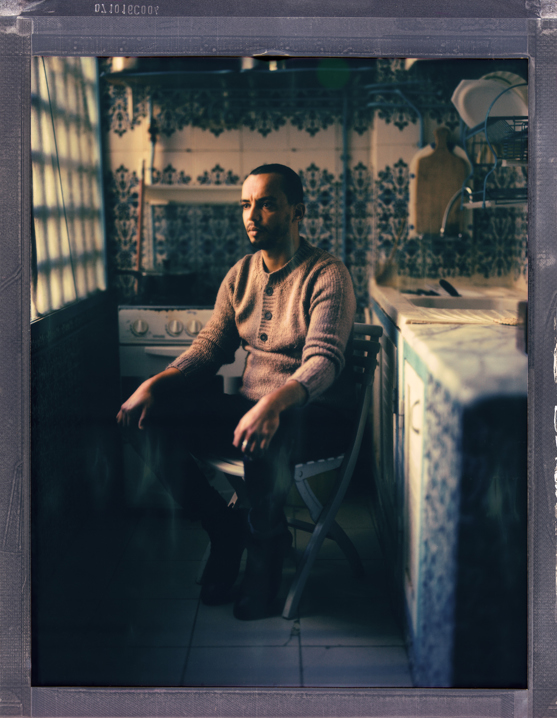Badr / Tunisia
“Being a second zone citizen is the thing that I hate the most, hence my commitment in the struggle for a better Tunisia, where all citizens can enjoy fully their rights, a Tunisia where the LGBTQ + are not incriminated on the basis of their sexual orientation.
My action started very early and in my immediate circle of people, since i stopped talking to many persons after I came out to my friends and some family members.
Over the years, my constant worry was to have a safe place where we could meet and exchange without the need to put on masks to escape the censorship of the society, the family and the police state that controlled the whole existence of the citizens even in their most intimate life details.
Throughout the meetings, groups we organized, we realized that the first line of the community was drawn, many needs were put on the table, and one of the most urgent was to get a legal structure. This is How we created “Damj“ ;(inclusion) ;“Damj“ for justice and equality.
Damj gathered a dozen people from the community, as well as friends and sympathizers of the cause. The first need was to take in charge members of the community incarcerated for homosexuality.
This commitment since then, has made friends to the association, but also, on several occasions, the members of the organization were faced with an unprecedented hatred and violence. Their moral and physical integrity was many times compromised.
Today Damj is one of the major players in the fight for the LGBTIQ + cause and in the fight against all forms of stigmatization and discrimination.
Mystical as I am I think the right to life is sacred and I would do anything to prevent people from dying for what they are.
This is my great fight.
Being gay in Tunisia and also an activist has always given me a lot of troubles. For years I an intinerant life because of the many assults I have been subjected to.
The worst moment of my life was in December 2012, the first president of the association received death threats and I was hiding him in my home to protect him. So I became the target of a group of homophobic gangsters who infiltrated into my home in the medina of Tunis, they took my archives and many documents of the NGO after having violently brutalized me. As a result of this aggression I moved to another quiet city and since then I have constantly been moving around to avoid being an easy target for homophobes and to be able to carry out my struggle for the dignity of the LGBTIQ +.”




